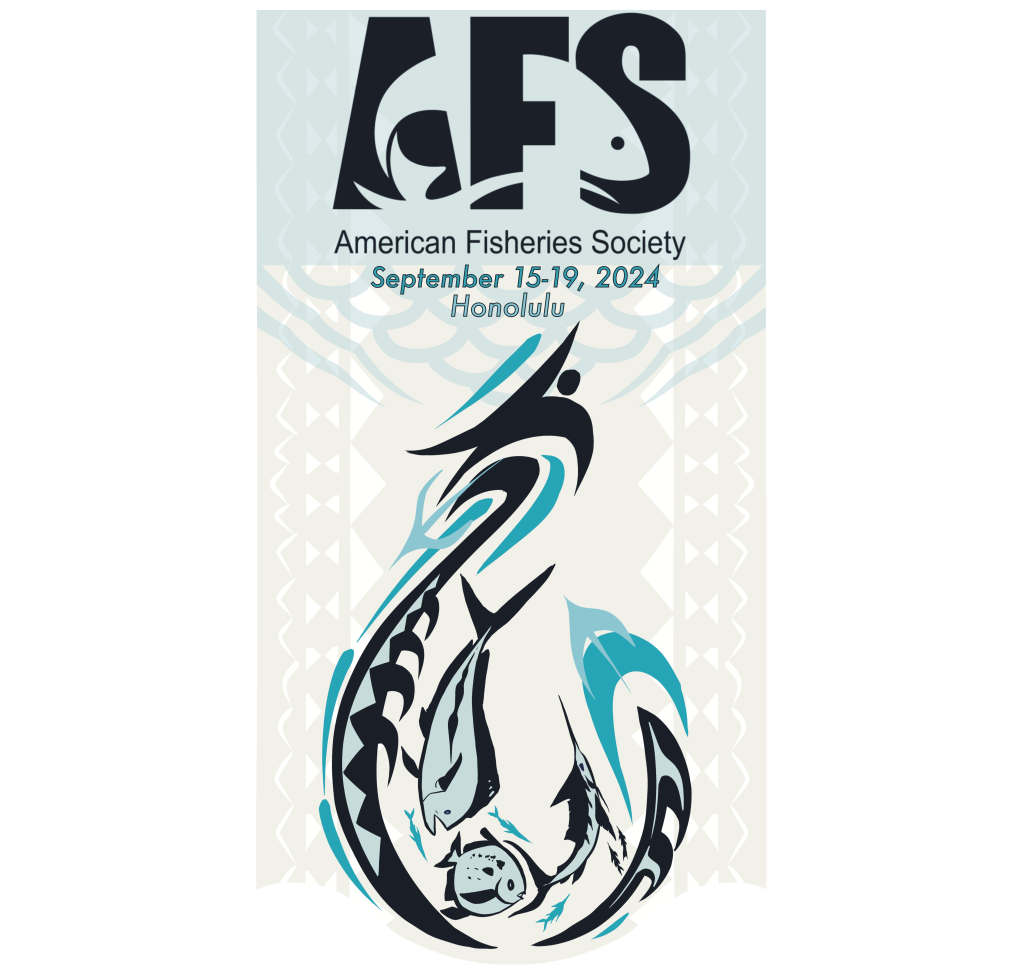Fishes face a wide array of anthropogenic disturbances (e.g., climate change, urbanization, and competition with human-introduced species) which invariably affects how they function in their habitats, with conspecifics, and within their community. These disturbances can affect an organism’s physiology, which dictates how it interacts with its surrounding environment. A mechanistic understanding of these responses from the molecular level to the whole animal can then be integrated into conservation strategies, whether that be controlling human-introduced species, rebuilding at-risk populations, or predicting community shifts with climate change. In this session we will highlight successful tools, innovative techniques, and productive cross-discipline collaborations that leverage physiology studies in the lab (and the field) for science-driven solutions.
Organizer: Angelina Dichiera, Virginia Institute of Marine Science, [email protected]
Co-organizer: Madison Earhart
